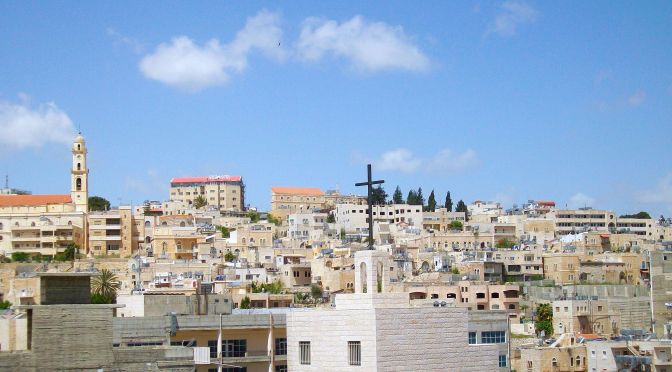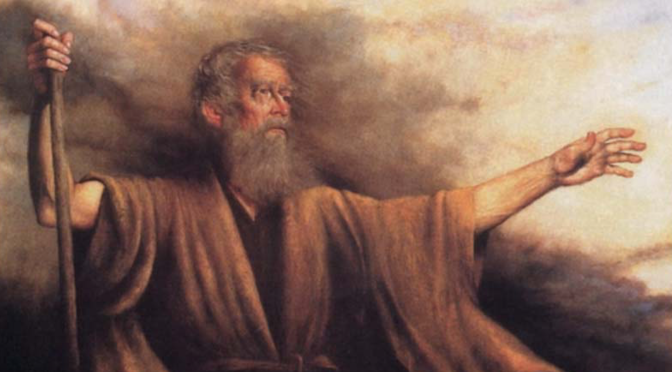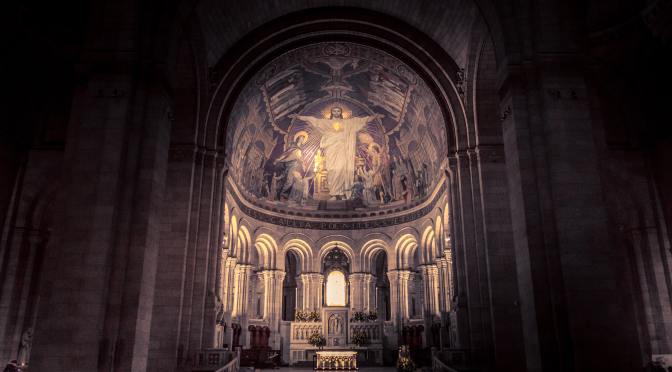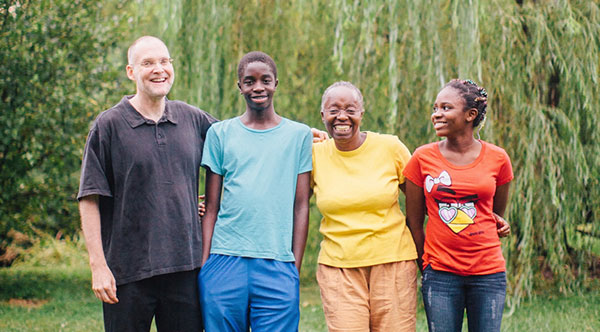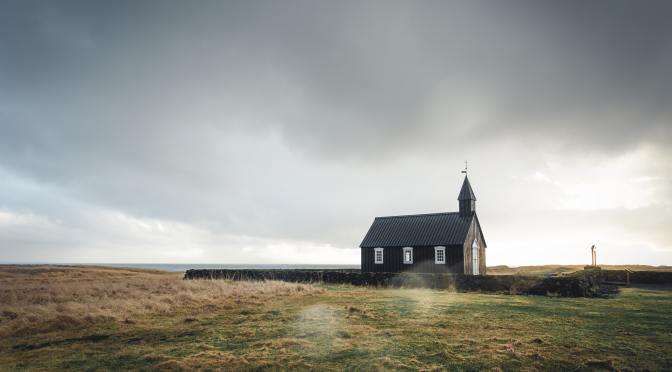by Alexander Venter.
What we witnessed and are witnessing in the US on Capitol Hill…


…captured in these images of the confederacy flag in the house and the fascist aryan fist raised in the chairperson’s, Vice President Mike Pence, seat of government (the equivalent of displaying the old Apartheid flag and raising the Hitler salute of Eugene Terblanche in our South African parliament)…
…is the full fruit of Trumpism, the full fruit of the root of bad character, mixed in with the ideology of ‘Christian’ nationalism, white supremacy.

Trump himself called for this “stop the steal” “wild protest” on Capitol Hill, publicly in-spirit-ing his followers on The Hill (with words of fraudulent lies of massive election rigging) to do what they did: invade the house and stop the ratification process of the election result.
Continue reading This is the Full Fruit of Trumpism


